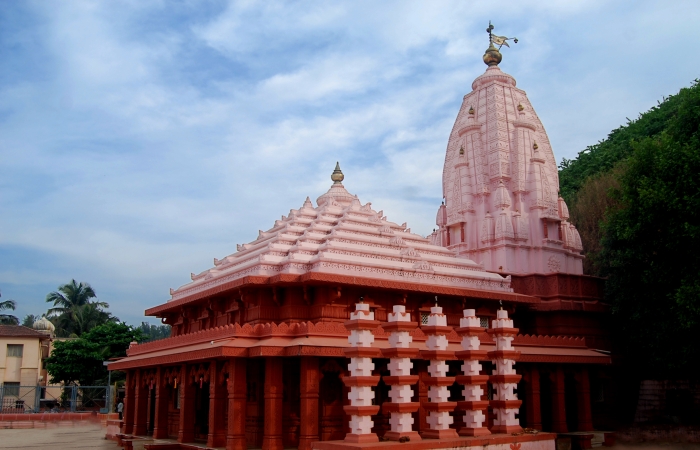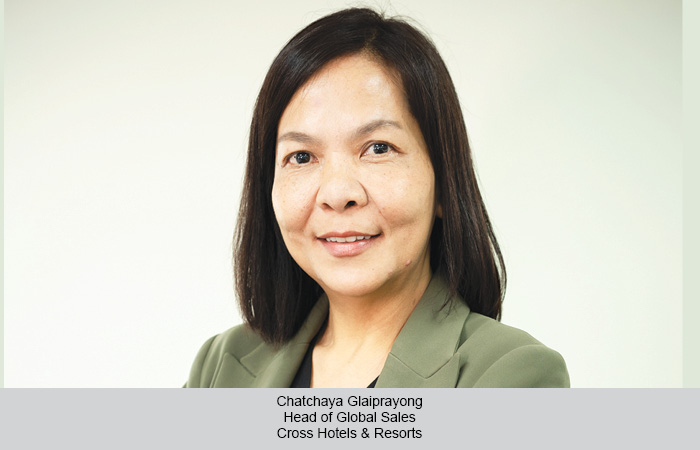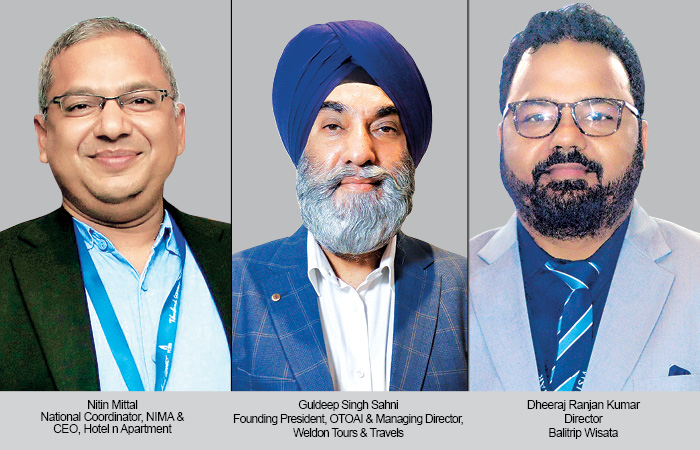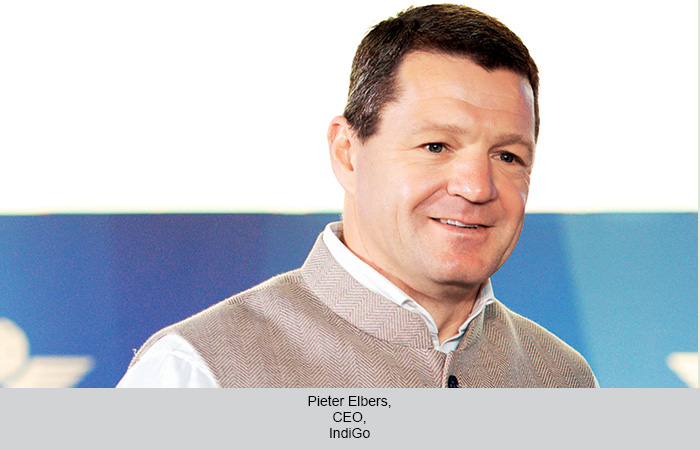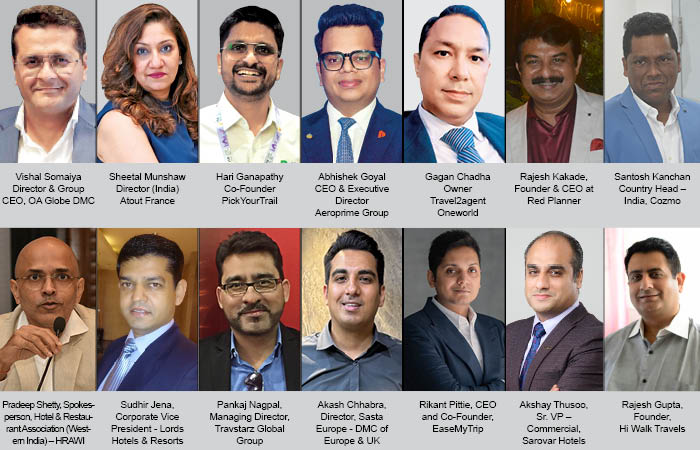It is every state’s responsibility to ensure it has adequate policy measures to establish itself as a spiritual destination. Here is an excerpt from a knowledge paper on spiritual tourism in Maharashtra by IMC Chamber of Commerce & Industry in partnership with IRR Advisory.
While the Maharashtra state government has recognised tourism as a major thrust area for economic growth, no specific policy measures have been announced for promoting spiritual tourism despite the inherent advantages the state enjoys by being blessed with large number of holy sites. Further, majority of the domestic travel is mainly for religious purpose. Hence, the state government needs to come out with policy measures to attract tourists and ensure their comfort and well-being while visiting the shrines.
Key interventions entail…
- a) Encourage public private partnership to improve physical infrastructure and connectivity. Special incentives and tax holidays to be given for the establishment of physical infrastructure in terms of hotels, hospitals and develop connectivity from state highways and railway stations etc. Particularly, the quality and consistency of accommodation services across various price points should
be improved. - b) Prepare phase-wise plan to develop various holy places in similar lines of Shirdi by creating the necessary surrounding eco system to attract the pilgrims. The initial focus could be on developing five such places across Maharashtra which could also be the hub for undertaking the spiritual trails.
Further, while better last mile connectivity through road, air, rail, air or water is required, chopper services options should also be explored for destinations, particularly those that are hard to reach through other means of transport, so that the well healed can take day trips.
- c) Undertake market research programme to understand needs analysis of tourists and provide appropriate interventions to address their requirements. Transport network to be augmented with focus on connectivity, operation, regularity, and reasonable fare, more specifically, during the festive occasions.
- d) Align the religious obligations of the pilgrims and sanctified atmosphere of the religious sites through greater synergy between the various trusts and governing bodies of temples, mosques, churches etc and the local administration for improving tourist experience. Training of locals should be undertaken to enable them to cater to the tourist related activities, including tour guides.
- e) Local urban bodies to be empowered in terms of adequate budget support and decision making for improving water, sewerage and waste management and address seasonal heavy influx of pilgrims. Further, government should consider creating economic clusters near holy places which will not only attract pilgrims but also provide employment opportunities to people in the town and protect them against seasonal income.
- f) Create a more favourable ecosystem and focus on marketing the destination better within India and overseas particularly the ASEAN region, especially considering Ajanta and Ellora’s attraction as part of the national Buddhist circuit. This includes setting up an effective and ongoing market representation presence with the travel trade in each source market and launching an Internet portal accessible in various languages for providing information. Alongside, marketing budget to be provided for creating theme-based and customised marketing campaigns to create awareness and promote places as major religious destinations.
- g) Develop a robust accreditation and standardisation system to promote uniform quality of service and infrastructure across the spiritual destinations.
- h) Finally, the state needs to take a leading role in attracting investments for infrastructural development and ensuring that Maharashtra becomes the leading spiritual destination in India. The government could consider holding conferences on wellness and spirituality at spiritual destinations in state.
 TravTalk India Online Magazine
TravTalk India Online Magazine




